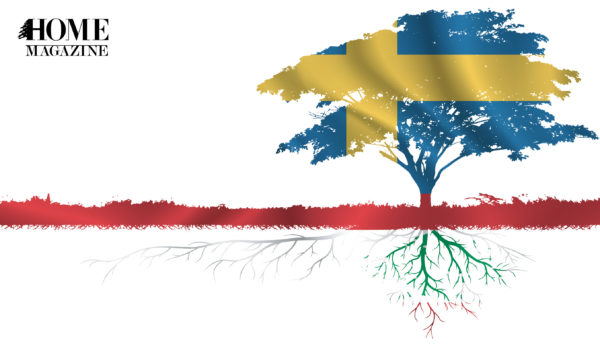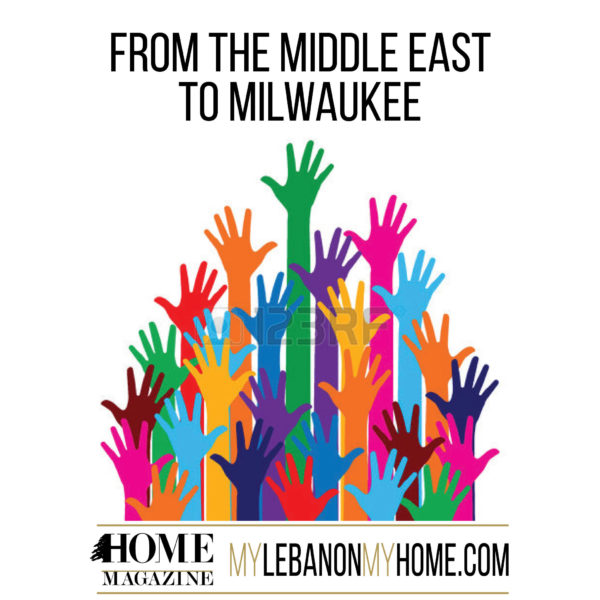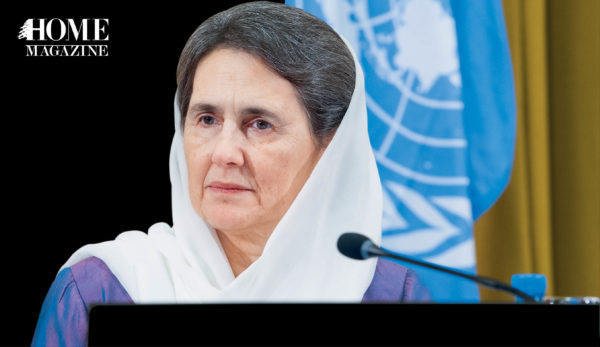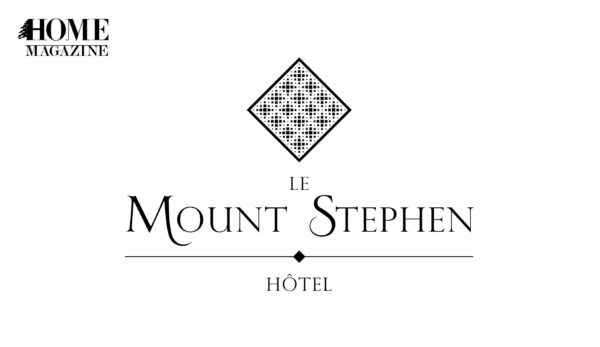As a Lebanese moving to Greece, many years ago, I cannot forget one friend feeling sorry for me, “Ya haram!” as if I was going to a land at the end of civilization.
I was puzzled and even questioned my choice for the future. Back then, I didn’t know Greece nor what to answer her.
Well civilization is what Greece abundantly has and proudly displays. For the curious soul that I am, partly my character and additionally because of where I come from, I am always in search of places where things happen.
I feasted on the many and diverse museums scattered all over Athens: from Cycladic art, to El Greco paintings, through ancient Greek jewelry.
Here, art is at HOME. Even when I visited islands in the summertime, each one of them has a unique style, but also kept treasures that cannot leave you indifferent.
Greece being my first experience as an expatriate, I marvelled at the size of its Arab community, who closely socialize and welcome newcomers.
Even the American University of Beirut and the Lebanese American University have alumni chapters that are highly active in Athens. For someone who wants to live Lebanon in Greece, he or she can in a way! However, I cherished making Greek friends because they are like Lebanese in the way that they have immigrated, have worked abroad, are open minded and will always appreciate a Lebanese.
Of course one should visit the Acropolis – for the hundredth time: at first for my pleasure and later for the pleasure of my guests. Going there and strolling in its periphery, I feel that the enchanting historic sites are an extension of the daily life of Athenians, where tourists blend with the locals, keen on being outdoors in the sunlight and enjoying a cup of coffee. Not any coffee though! A “frappe” which they slowly sip for hours. Their love of life is so unique. For a very long time I was dazzled how in Greece, at any pavement, at any street corner, place a couple of tables and a few chairs and a café is born. And people flock in. There is no need for more complication. Is it a philosophy? Is it a way of life? It is surely a therapeutic lifestyle; a Greek mythological blessing bestowed on its people; a well-deserved time out from bureaucracy, crazy traffic and daily hiccups which you don’t expect to find in a European country, but which we are so used to in Lebanon.
This is where I started to see how the Greeks and the Lebanese share more than I thought. They drive as badly – I learned that yellow at the traffic light means go faster not slower, otherwise the car behind you will crash you.
I also realized it’s not wise to argue with a Greek woman in a car accident because she is fiercer than a man. After all, the movie “My Big Fat Greek Wedding” showed how the status of the man is at the head of the family, while the woman is the neck that holds and guides him. But I most importantly learned that they have great family values. Mediterranean family values.
Values that I came to appreciate even more because of living in a foreign country. They love children. Parents are very much involved in the life of their children and especially their grandchildren. For Sunday lunch, you see in tavernas grandparents, parents and kids sharing a meal. My kids look at them with envy because they terribly miss our family lunches in Beirut.
They shower you with expressions of good wishes beyond imagination:“kalimera” (have a good day), “kali
evdomada” (a good week), “kalomina” (a good month), “kali sinekhia”
(a good continuation in whatever you are doing), “kalo khimona” (a good winter), “kalo kalokeri” (a good summer), and so on –the list is endless.
One day I was with my son buying gifts around Christmas time. When we were about to put them in the car, an old man passing by slowed his vehicle and wished my son a “happy enjoyment” of his gifts. I was speechless. It was an improvised wish, not in my acquired dictionary. Greeks are very similar to Lebanese in that they consider their county as the centre of the universe, (which was true for a long time in history), and they think that every universal law or concept has been invented in Greece.
The Lebanese believe that every great person definitely has Lebanese origins (and they tend to prove it on many occasions).
When you live just over one year in Greece, your guard slips and you fall in love with it. At first you miss your tabbouleh and kibbeh (which by the way are available in Athens), but later you acquire and appreciate the taste of feta cheese in a salad, the taste of oregano sprinkled on French fries, and the taste of brioche with mastikha.
Every expatriate family that I knew, who came hesitantly, ended up not wanting to leave. Even if they did, they came back for every vacation. The shades of blue are like nowhere else, of sea and sky. Of course Lebanon has the same climate and radiant sun but unfortunately it cannot compete with crystal-clear waters, lush greenery and the Zorba way of enjoying life. A lot of Lebanese frequently come to wed and party in Greece, and you always end up bumping into someone you know. Nevertheless, Greeks do not look for the glamorous sophistication that the Lebanese crave for, no matter how much you look for it. Out of the ordinary decorated restaurant, stylish chairs, themed events, it is simply non-existent, irrelevant, unnecessary – just like getting help at the supermarket needs a medical report of a back ache. Practical, practical, practical! After all we are in Europe.
But now, Greece is in crisis. It doesn’t suit them (or rather us, as I am now proudly Greek). It contradicts their motto of the love of life. However, we Lebanese are so resilient to uncertainties after all that we have been through that I believe we can train them to cope with it.
I am hoping that my beautiful Greece will recover, and my wonderful Lebanon will recover, so that when my Greek friends ask me to take them to Lebanon, I will not have to give them my typical answer “the situation there is still not good.”
































